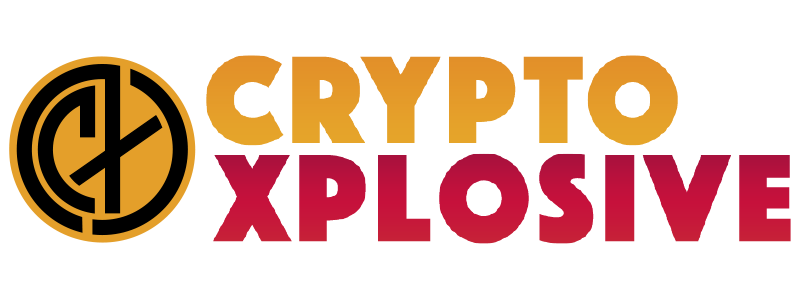Hugging Face launches Idefics2 vision-language model

Hugging Face has announced the release of Idefics2, a versatile model capable of understanding and generating text responses based on both images and texts. The model sets a new benchmark for answering visual questions, describing visual content, story creation from images, document information extraction, and even performing arithmetic operations based on visual input.
Idefics2 leapfrogs its predecessor, Idefics1, with just eight billion parameters and the versatility afforded by its open license (Apache 2.0), along with remarkably enhanced Optical Character Recognition (OCR) capabilities.
The model not only showcases exceptional performance in visual question answering benchmarks but also holds its ground against far larger contemporaries such as LLava-Next-34B and MM1-30B-chat:
Central to Idefics2’s appeal is its integration with Hugging Face’s Transformers from the outset, ensuring ease of fine-tuning for a broad array of multimodal applications. For those eager to dive in, models are available for experimentation on the Hugging Face Hub.
A standout feature of Idefics2 is its comprehensive training philosophy, blending openly available datasets including web documents, image-caption pairs, and OCR data. Furthermore, it introduces an innovative fine-tuning dataset dubbed ‘The Cauldron,’ amalgamating 50 meticulously curated datasets for multifaceted conversational training.
Idefics2 exhibits a refined approach to image manipulation, maintaining native resolutions and aspect ratios—a notable deviation from conventional resizing norms in computer vision. Its architecture benefits significantly from advanced OCR capabilities, adeptly transcribing textual content within images and documents, and boasts improved performance in interpreting charts and figures.
Simplifying the integration of visual features into the language backbone marks a shift from its predecessor’s architecture, with the adoption of a learned Perceiver pooling and MLP modality projection enhancing Idefics2’s overall efficacy.
This advancement in vision-language models opens up new avenues for exploring multimodal interactions, with Idefics2 poised to serve as a foundational tool for the community. Its performance enhancements and technical innovations underscore the potential of combining visual and textual data in creating sophisticated, contextually-aware AI systems.
For enthusiasts and researchers looking to leverage Idefics2’s capabilities, Hugging Face provides a detailed fine-tuning tutorial.
See also: OpenAI makes GPT-4 Turbo with Vision API generally available

Want to learn more about AI and big data from industry leaders? Check out AI & Big Data Expo taking place in Amsterdam, California, and London. The comprehensive event is co-located with other leading events including BlockX, Digital Transformation Week, and Cyber Security & Cloud Expo.
Explore other upcoming enterprise technology events and webinars powered by TechForge here.



Comments are closed, but trackbacks and pingbacks are open.